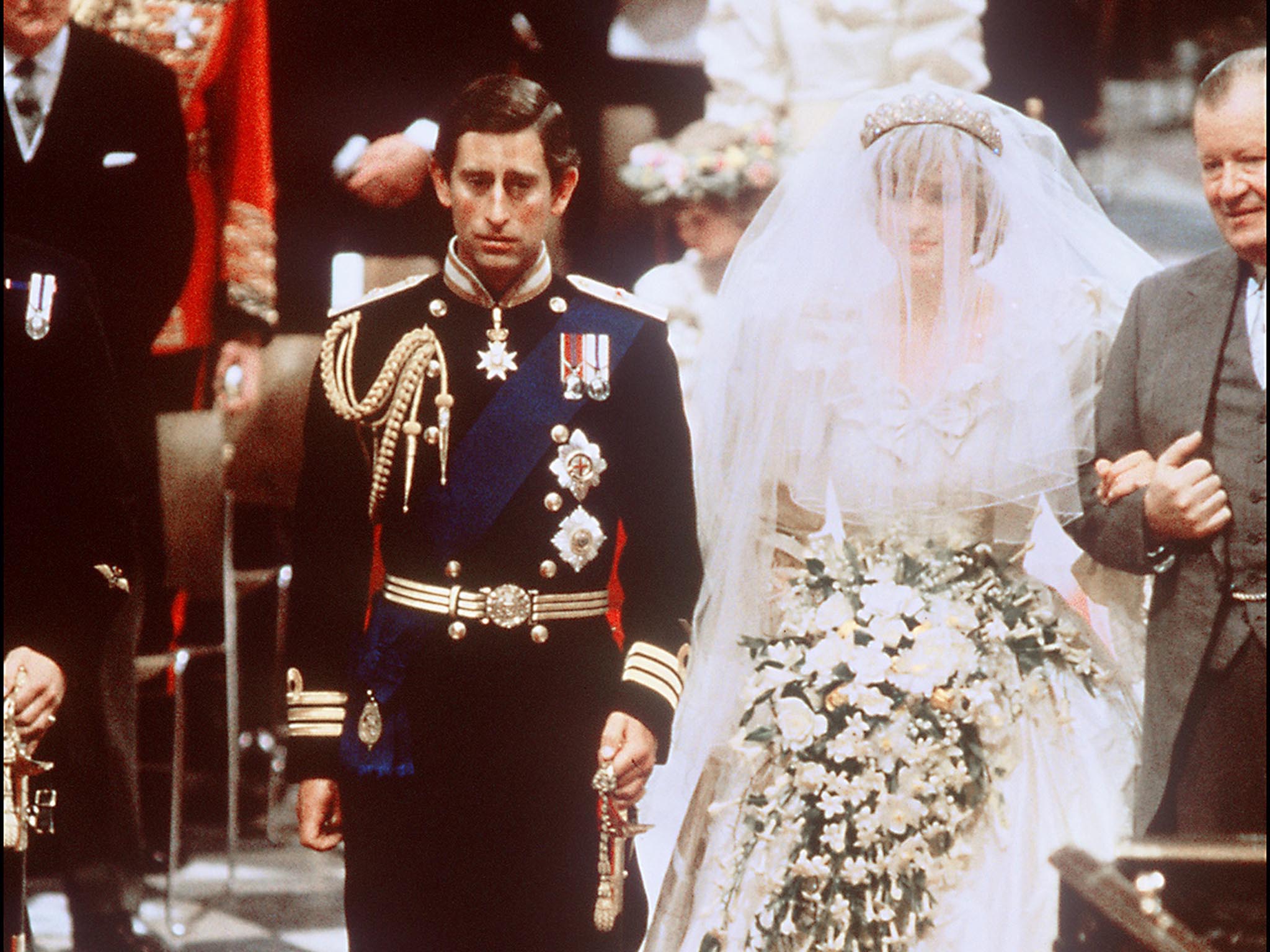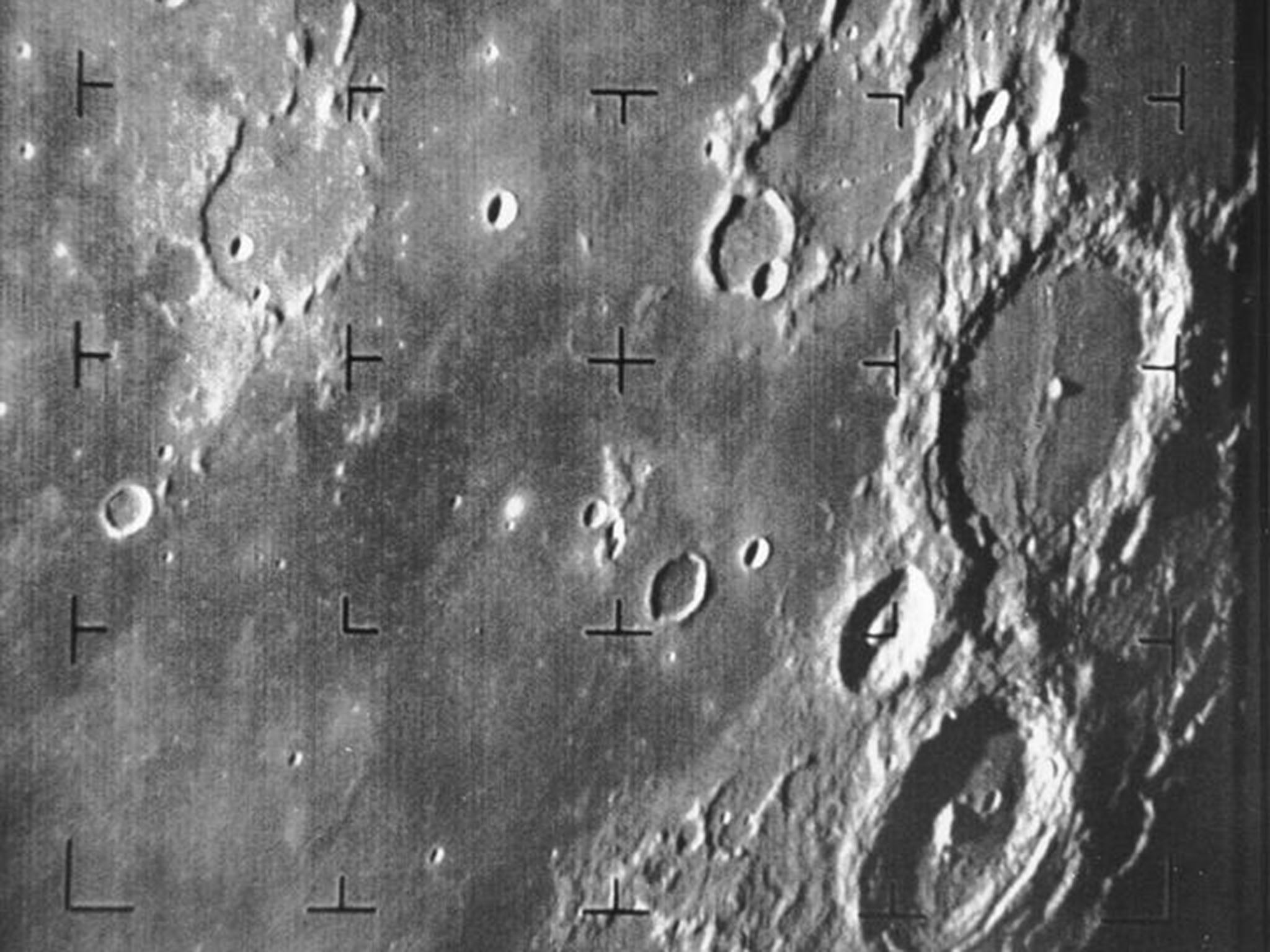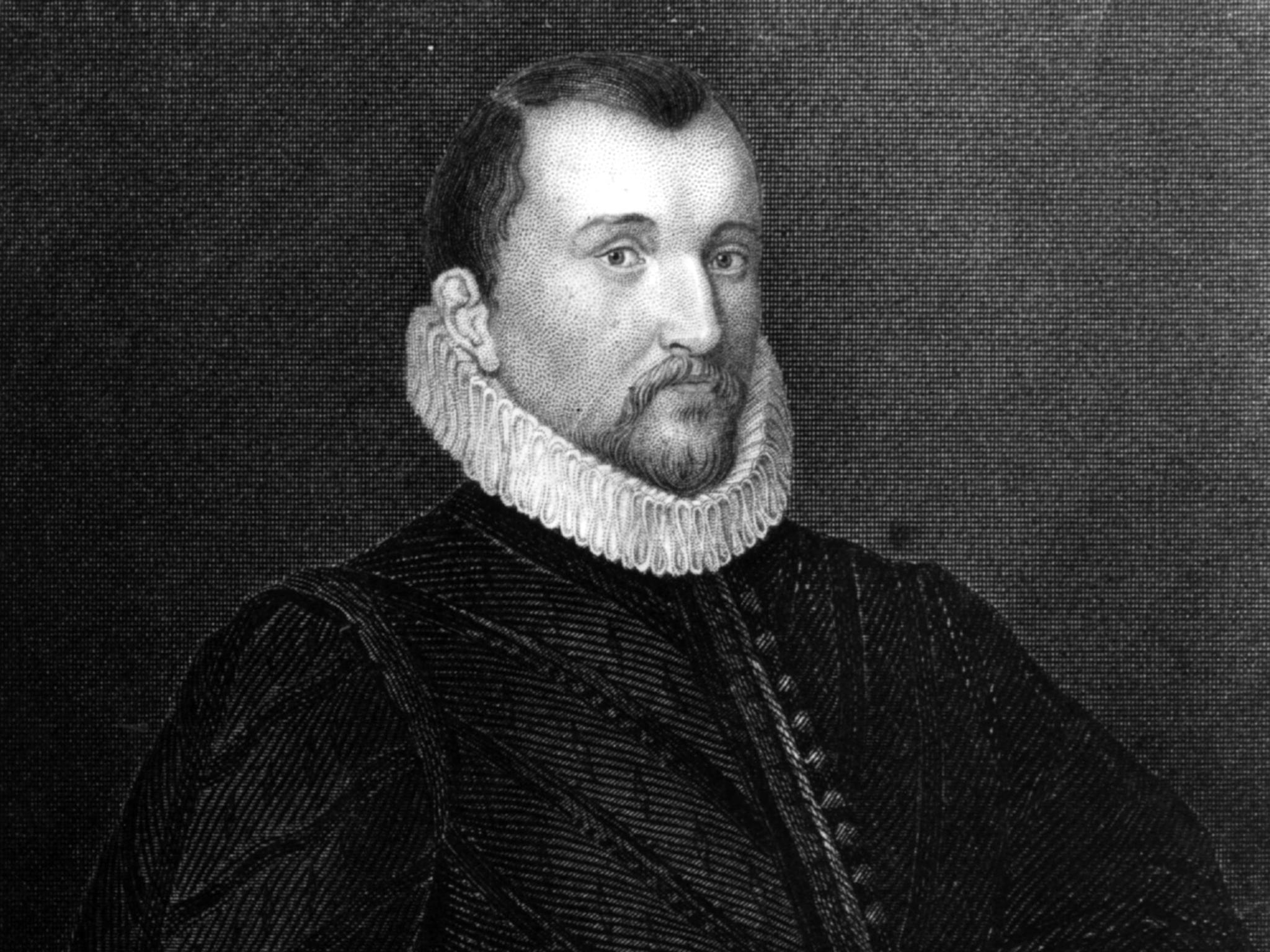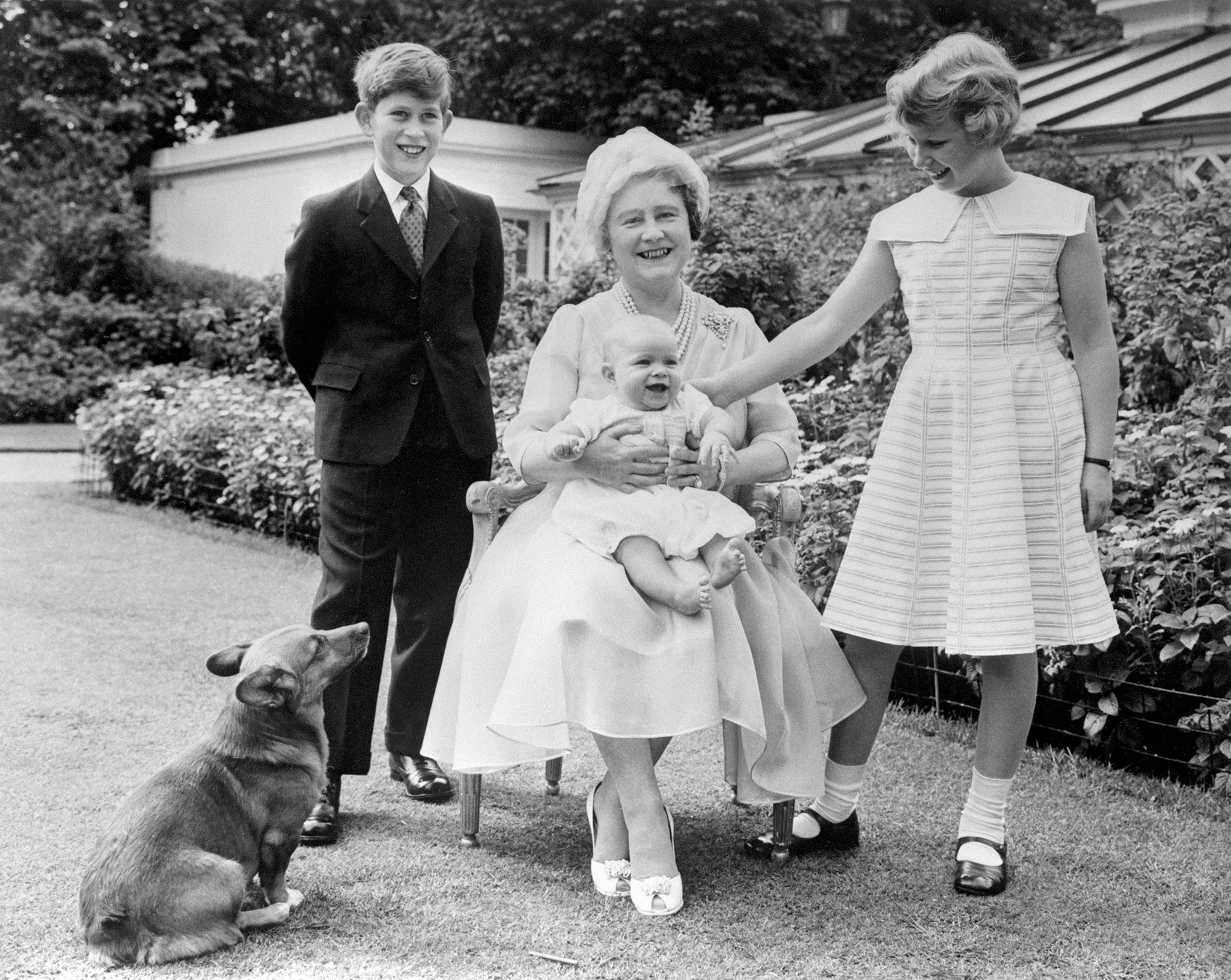The world this week: From Princess Diana and Prince Charles’s wedding to Anne Frank’s last words
Millie Bull trawls the archives for the key events and notable deaths from this week in history

Your support helps us to tell the story
From reproductive rights to climate change to Big Tech, The Independent is on the ground when the story is developing. Whether it's investigating the financials of Elon Musk's pro-Trump PAC or producing our latest documentary, 'The A Word', which shines a light on the American women fighting for reproductive rights, we know how important it is to parse out the facts from the messaging.
At such a critical moment in US history, we need reporters on the ground. Your donation allows us to keep sending journalists to speak to both sides of the story.
The Independent is trusted by Americans across the entire political spectrum. And unlike many other quality news outlets, we choose not to lock Americans out of our reporting and analysis with paywalls. We believe quality journalism should be available to everyone, paid for by those who can afford it.
Your support makes all the difference.The world this week...
29 July
The Spanish armada was defeated by an English naval force in 1588. After eight hours of fighting, Britain won under the command of Lord Charles Howard and Sir Francis Drake.
Adolf Hitler became the leader of the Nazi party in 1921. Under the dictator, the party grew into a mass movement and ruled Germany as a totalitarian state for 12 years.
The National Aeronautics and Space Administration (Nasa) was created in 1958. Nasa has since sponsored both human and mechanical space expeditions.
Prince Charles married Lady Diana Spencer in 1981. Nearly 1 billion viewers from 74 countries tuned in to watch the couple’s big day.
Golden couple Jennifer Aniston and Brad Pitt wed on this day in 2000. They were one of Hollywood’s highest-profile pairs and married in Malibu, California.
Deaths: William Wilberforce, 1833, English politician; Vincent van Gogh 1890, Dutch painter; John Barbirolli, 1970, English conductor and cellist; Erich Kastner, 1974, German author; Luis Buñuel, 1983, Spanish director.

30 July
In 1945, the USS Indianapolis was torpedoed by a Japanese submarine. The vessel sank within minutes in shark-infested waters leading only 317 of the 1,196 men on board to survive.
After an 11-year legal battle, British thalidomide victims were finally granted compensation of more than £20m in 1973.
England became football world champions in 1966 as they claimed their only Fifa World Cup win.
Cult horror classic The Blair Witch Project had its wide release in the US in 1999. The documentary-style movie grossed $250m worldwide.
Deaths: William Penn, 1718, English businessman; Otto von Bismarck, 1898, first chancellor of the German empire; Emperor Meiji, 1912, Emperor of Japan; Claudette Colbert, 1996, American actress; Ingmar Bergman, 2007, Swedish director.

31 July
A hurricane sank 11 ships from a Spanish treasure fleet off the coast of Florida in 1715. Estimates of the death toll are between 1,000 and 1,500, and the gold and silver on board was not retrieved until 250 years later.
An unmanned US lunar probe called Ranger 7 took the first close-up images of the moon in 1964 before colliding with its surface.
In 1975, one of the most influential American labour leaders of the 20th century, Jimmy Hoffa, disappeared in Detroit, Michigan. Hoffa was never heard from again and is believed to have been the victim of a Mafia hit.
The British government announced its total ban of landmines in 1998, one month before the one-year anniversary of the death of Princess Diana, a champion of the campaign.
Deaths: Andrew Johnson, 1875, American politician; Antoine de Saint-Exupery, 1944, French writer; Jim Reeves, 1964, American singer-songwriter; Mohammed Rafi, 1980, Indian actor and singer; Gore Vidal, 2012, American author.

1 August
Anne Frank wrote her last diary entry in 1944. The young Jewish girl was hiding out in Nazi-occupied Holland during the Holocaust.
On the second day of Apollo 15’s mission to the moon, astronauts uncovered the “genesis rock” in 1971. The rock is part of the original lunar crust and is older than any moon rock previously recovered.
F1 racing driver Niki Lauda was in critical condition following a horrific accident at the Nurburgring Grand Prix in Germany in 1976. Within just six weeks of the accident Lauda was back behind the wheel.
MTV launched in 1981, with The Buggles’ “Video Killed the Radio Star” being the first music video to air on the new cable television channel.
Deaths: Anne, Queen of Britain, 1714; Bal Gangadhar Tilak, 1920, Indian social reformer; Manuel L Quezon, 1944, second president of the Philippines; Frances Farmer, 1970, American actress; Corazon Aquino, 2009, first woman president of the Philippines.

2 August
The world’s first underground tube railway opened in 1870 underneath the Thames in London. The subway was closed a few months later due to bankruptcy and was used by pedestrians until 1898; it is now used for utilities.
Thousands of British campers were forced to leave their tents in the south of France after forest fires broke out in 1965. It took another two days before the fires were brought under control.
A thunderstorm caused a plane crash at Dallas airport in 1985, killing 136 people. The plane also hit a car, killing the driver, before skidding into two water tanks.
Iraq invaded Kuwait in 1990. More than 100,000 Iraqi soldiers backed by 700 tanks invaded the Gulf state, leaving Kuwait’s defence forces overwhelmed.
Deaths: Alexander Graham Bell, 1922, Scottish-American engineer who invented the telephone; Warren G Harding, 1923, 29th president of the United States; Paul von Hindenburg, 1934, president of the German Reich; Fela Kuti, 1997, Nigerian singer and activist.

3 August
Italian explorer Christopher Columbus set sail from the Spanish port of Palos in 1492 on a journey to find a western sea route to China – the voyage would instead take him to the Americas.
Germany declared war on France, two days after declaring war on Russia, in 1914. On the same day, France made its own declaration against Germany, readying its troops to move in Alsace and Lorraine.
The world’s first nuclear-powered submarine, called Nautilus, accomplished the first undersea voyage to the North Pole in 1958, having dived nearly 1,000 miles before at Point Barrow in Alaska.
A car bomb in west London injured seven people in 2001. The attack caused an estimated £200,000 worth of damage. The attack was blamed on IRA splinter group the Real IRA.
Deaths: Joseph Conrad, 1924. Polish-English author; Thorstein Veblen, 1929, American economist; Ida Lupino, 1995, English-American actress; Henri Cartier-Bresson, 2004, French photographer; Aleksandr Solzhenitsyn, 2008, Russian author and critic of the Soviet Union.

4 August
Jewish diarist Anne Frank was captured along with her family in 1944. Anne and her family were given away by an unknown informant and were arrested along with the two Christians who helped shelter them.
Three civil rights activists were found dead at a dam near Philadelphia, Mississippi, in 1964. It emerged that Michael Schwerner, 24, Andrew Goodman, 20, and James Chaney, 22, were attacked and killed by the Ku Klux Klan.
The Queen Mother celebrated her 100th birthday in 2000. She was the first member of the royal family to reach her centenary.
Oscar Pistorius became the first amputee runner to compete at the Olympics in 2012. Pistorius finished second out of five runners and advanced to the semifinals where he finished last.
Deaths: William Cecil, 1598, English statesman; John Burgoyne, 1792, English general; Hans Christian Andersen, 1875, Danish author; Raul Hilberg, 2007, Austrian-American political scientist.
Join our commenting forum
Join thought-provoking conversations, follow other Independent readers and see their replies
Comments